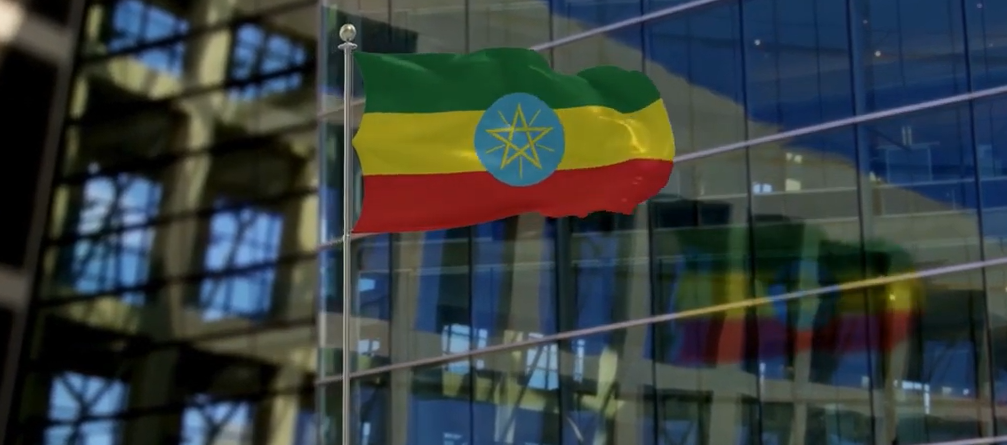Photo: YouTube
If you read most mainstream media’s explanations of the war in Ukraine, you hear a lot about freedom, decency, and equality. You hear personalized psychological profiles of Mr Putin or Mr Zelensky. What is missing is an explanation of how the functions and contradictions of capitalism are driving and fueling this conflict in many interconnected ways.
Richard Wolff, David Harvey, and Democracy at Work are here to help fill in the gaps. In this 20 minute video from a recent event, they explain that if we view the conflict with a Marxist lens, we can see and understand how this conflict started and how it could end.
“Capital has to expand or die… What Marxism kind of says is you can’t grow forever, particularly at an exponential rate.” Harvey’s explanation of capital accumulation helps us understand the extraordinary pressures that our profit-based system puts on our relationships and environment. He explains that in order to accommodate this pressure from the inevitable overaccumulation, capitalists need some “sinks” to get rid of extra surplus. “There’s a wonderful point in the Grundrisse where [Marx] says [that] if you really want to get rid of overaccumulated capital then going into war is a good way to do it.” Of course, these sinks are often designed with profit in mind.
There are many layers of economic warfare that accompany this crisis. Prof Wolff explained that while US sanctions have little effect against Russia, they have a second successful purpose in weakening Europe so that the US might cling to its global dominance a while longer. Prof Harvey explained that Ukraine’s need for debt forgiveness is paving the way for the reversal of decades old protections that prevent foreign interests from buying and owning their agricultural land.
These economic imperatives are dangerous when connected with geopolitical goals, but it’s even more dangerous if we cannot recognize them for what they are.
“That’s one of the great strengths of Marxism,” said Prof Wolff, “that it will not let you look at an issue like a war or any other major social issue without asking and answering questions: Where is the surplus? Who is producing this surplus? Who is getting that surplus? How do they distribute this surplus? What are the social effects of how the surplus is organized?”
This is why the Marxian tradition continues to be relevant today.
The crises of capitalism are not just mounting, they are gaining steam, and building off of each other. At the same time, as the destructive nature of capitalism becomes more clear, more stark, more painful, there are more people interested in and willing to explore alternatives. These elements shape a particular moment in the long history of Marxism – one in which it has the potential to significantly shape how we face, weather, and emerge stronger from the decline of capitalism… if we know how and why to use it.







